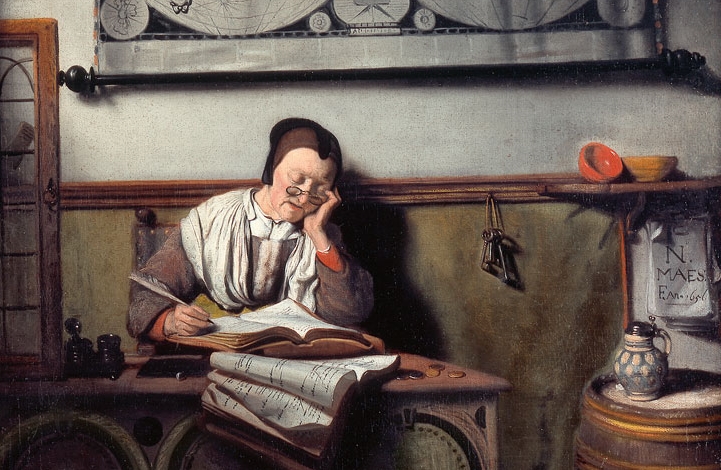
Bulgarian Will toward Rule of Law
For millennia humans have been fighting for all this against the randomness of tyranny, the dominance of strengths, privilege, and discretion over common rules and freedoms, defended by just laws. They have always wanted to live in such a way that it is clear what belongs to them and what belongs to others, contracts are not broken, what is borrowed is later returned, and the ruler is punished if he steals, lies or mistreats.












